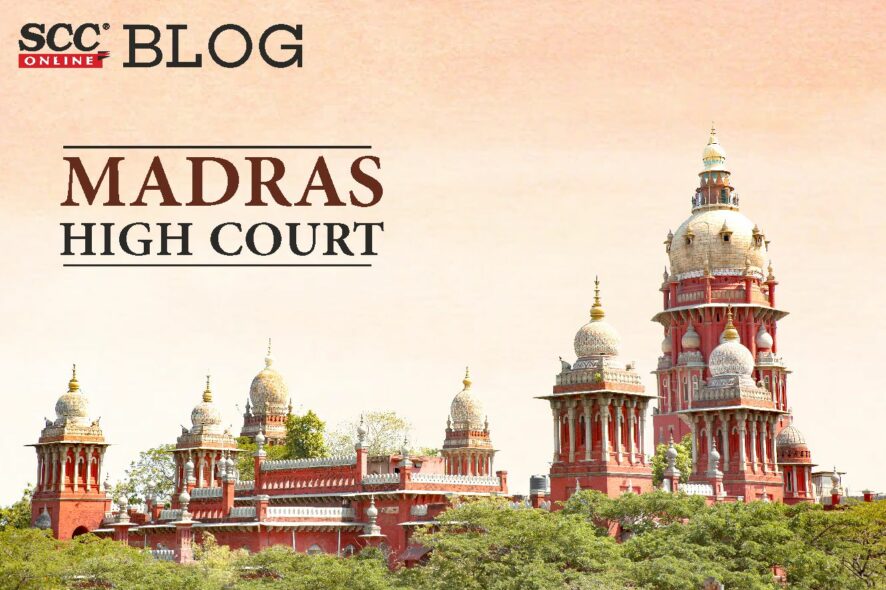Madras High Court: In a case related to allegation of murder and rape of a 12th standard school-girl, G.K.Ilanthiraiyan, J. viewed that there is no evidence to attract the offence under rape and murder and on perusal of the suicidal note of the deceased, it is very clear that the deceased felt difficulties in studies. Therefore, it is a clear case of suicide by her.
The Court observed that:
“It is an unfortunate and sorry state of affairs that the teachers who teach the students are facing threat from their students and their respective parents. It is very unfortunate that the petitioners have now been arrested and under imprisonment for advising the students to study well. Even as per the suicidal note, there is no evidence to show that the petitioners instigated the deceased to commit suicide soon before her death”
In the present case the deceased studied in 12th standard at Sakthi Higher Secondary School as a day scholar. Thereafter, she was boarded in the hostel of the said school. On 13.07.2022, the parents of the victim girl received a phone call from the school and were informed that the victim jumped from the third floor of the hostel. After 30 minutes, the parents received another call and were informed that their daughter died, and her body was kept in the Government Hospital. Thereafter the parents of the deceased verified the place of death and found that there was no evidence to show that the deceased jumped from the building,thus, her parents suspected the school authorities with regards to their daughter's death and lodged a complaint.
The FIR was initially registered under S.174 of the Criminal procedure Code, 1973 and was later altered to the offence under S. 305 of the Penal Code, 1860 and S. 75 of
The Court observed that the parents of the deceased compelled her to continue her studies in Residential School and the statements of the classmates of deceased revealed that the deceased felt difficulties in solving equations in Chemistry, further, as per the suicide note also, the deceased felt difficulties in solving the equations in Chemistry. Moreover, she requested the correspondent and Secretary in the suicidal note to return the tuition fees as well as the book fees to her parents. Therefore, it is a clear case of suicide and there is absolutely no evidence to show that the petitioners had instigated the deceased to commit suicide as alleged by the prosecution.
Placing reliance on the autopsy reports and expert opinion, the court observed that “the other injuries found on the body of the deceased are all ante-mortem injuries and there is no iota of evidence for rape and murder of the deceased as per the postmortem reports”. It further observed that the mark found in the right breast of the deceased happened due to gravel injuries, the blood stain in the inner garments is due to the extravasation of blood in the surrounding para vertebral muscles. Further, there is no injuries found on her private parts.
The Court observed that “when the teachers are directing their students to study well and to tell the derivation or equation, it is part and parcel of the teaching, and it would not amount to abetment to commit suicide. Therefore, the offence under S. 305 of Penal Code is not at all attracted as against the petitioners”, hence, bail was granted to all the petitioners.
[Kiruthika Jayaraj v. State of Tamil Nadu, Crl.O.P.Nos.20088,20135 and 20406 of 2022, decided on 26.08.2022]
Advocates who appeared in this case :
S.Prabakaran, Advocate, for the Petitioners;
Public Prosecutor Hassan Mohammed Jinnah and Additional Public Prosecutor A.Damodaran, Advocate, for the Respondent.






